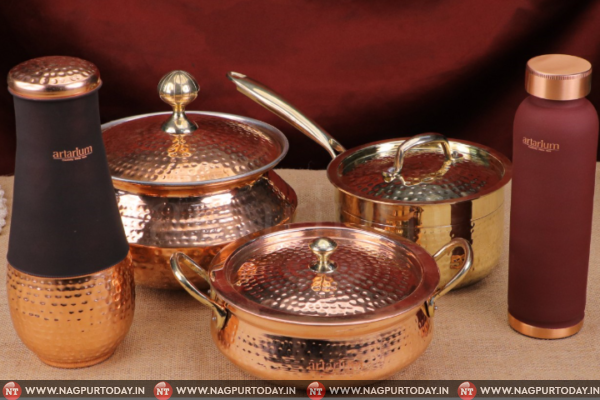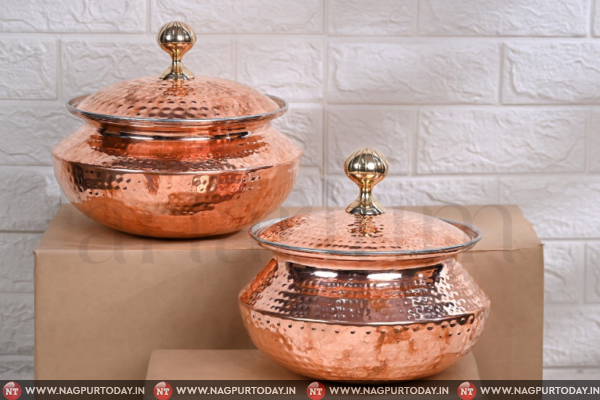
By the time you end up reading this sentence, more than 125,000 pieces of plastic bottles would have polluted the environment. We use and dump more than a million plastic bottles every minute, the weight equivalent of 6 cars. By the end of this year, we’d have dumped plastic bottles the weight of 58 Egyptian pyramids (and at least 9% of it would be recycled). No wonder plastic pollution is the second biggest threat to humanity after climate change.
The impact of single-use plastic bottles or other kinds of plastic on the environment is well known. Yes, it kills 100,000 marine animals (endangered or otherwise) every year. Yes, it can cause cancer when burned and inhaled. Yes, it is now in our food, in our organs, and in the air we breathe. And it will continue to be a risk to us and our environment for 450-500 years.
However, plastic still persists as one of the most used materials in the world, mainly because it’s cheap, easy to produce, and (when used specifically) durable. That’s why it has found its way from our workplaces to our kitchens, where it is used in day-to-day items such as single-use water bottles, ladles, spoons, and more. Its harmful toxicity destroys our health every day and fills our and loved one’s bodies with microplastics.
Many studies have found plastic kitchenware to be the worst kind of kitchenware as it produces toxic byproducts and releases bits of plastics in our food when heated or used. Overtime and after prolonged use, it can lead to cancer affecting the lungs, blood, breasts, prostate, and ovaries.
But how can we curb the harm plastic has caused to our health as well as to our environment? The answer is simple: by replacing the plastic in our kitchen and lifestyle with sustainable metals like copper.
Why is Copper the Answer to Sustainability?
Copper is one of the most eco-friendly elements in the world. It is found naturally in the environment and can be reused at the end of its life. As a matter of fact, copper is one of the few metals that is 100% recyclable, meaning it can be reshaped or reforged to create any new item without losing any of its properties or characteristics. Furthermore, it is non-toxic and can be used for a long time.
Copper has been near us ever since we were hunter-gatherers, and it is near to nature as well. Its use has been registered since ancient times. A 5,300-year-old frozen man found in the Italian Alps near Ötzi (thus named Ötzi the Iceman) has an axe with him with an almost pure copper head. Ayurveda, which has stood the time for four millennia or more, advocates the use of Tamra Patra (copper vessels) in several pharmaceutical procedures and claims it to be useful in a wide range of diseases.
Even the ancient Egyptians understood the benefits of drinking water from copper vessels and stored their water in utensils made of this metal.
Today, it is used in almost every industry, from beauty and skincare products to sustainable architecture, but the most important use of copper, which can actually bring a change, is in our kitchens.
How Copper Promotes Sustainable Cooking & Hydration?
Copper kitchenware is some of the best of its kind and has been traditionally used in Indian kitchens as tawa (flatbread pan), water vessels, and glasses. Since copper is recyclable, these utensils are repurposed in plumbing, wiring, or even back to kitchenware. What makes them more usable than plastic are their durability and utility.
These utensils are extremely durable and can withstand daily wear and tear. Some even survive generations of use.
Copper bottles, on the other hand, are the perfect alternative to plastic. These metal bottles are extremely durable and can last a long time. The bottles are also a good resistant to corrosion and do not rust or break like iron. By replacing single-use plastic with copper bottles, you can help restrict plastic pollution. Though a drop in the bucket, a small change can sometimes make a great impact.
What Are the Benefits of Drinking & Cooking with Copper Utensils?
We need 1.2 milligrams of copper daily to help our enzymes transfer energy inside cells. Needless to say, copper is essential to our life. It is found naturally in the food we eat and the air we breathe but in a meagre amount. So, copper cookware and drinkware primarily help us cope with any copper deficiency.
But the health benefits of copper water bottles go beyond just that. When the water is stored in a copper vessel for a period of time, it stops the growth of illness-causing bacteria such as E. coli. Copper enriches the water with anti-inflammatory properties, helping break down the food in your gut and improving digestion. This allows you to regulate your weight as well as your immunity. And since copper is essential for the transfer of energy inside cells, copper water is also responsible for improving brain functions.
Furthermore, Copper utensils are a pleasure to cook in. They are naturally non-sticky and offer great thermal conductivity. Copper utensils make an excellent heat conductor, even balancing the heat everywhere on the surface to help you cook better meals. Lastly, their sturdiness as an everyday utensil can only be matched by a few other metal utensils, which makes them durable, sustainable, and healthy kitchen companions.
A Last Thought
The switch from plastic to copper in our kitchenware is not only essential but necessary. It is the future for sustainable living and a better, healthier lifestyle. The durability, recyclability, and medicinal properties of copper cookware and bottles make them ideal for the future of sustainable living. And there has never been a better time to make the change but now.















